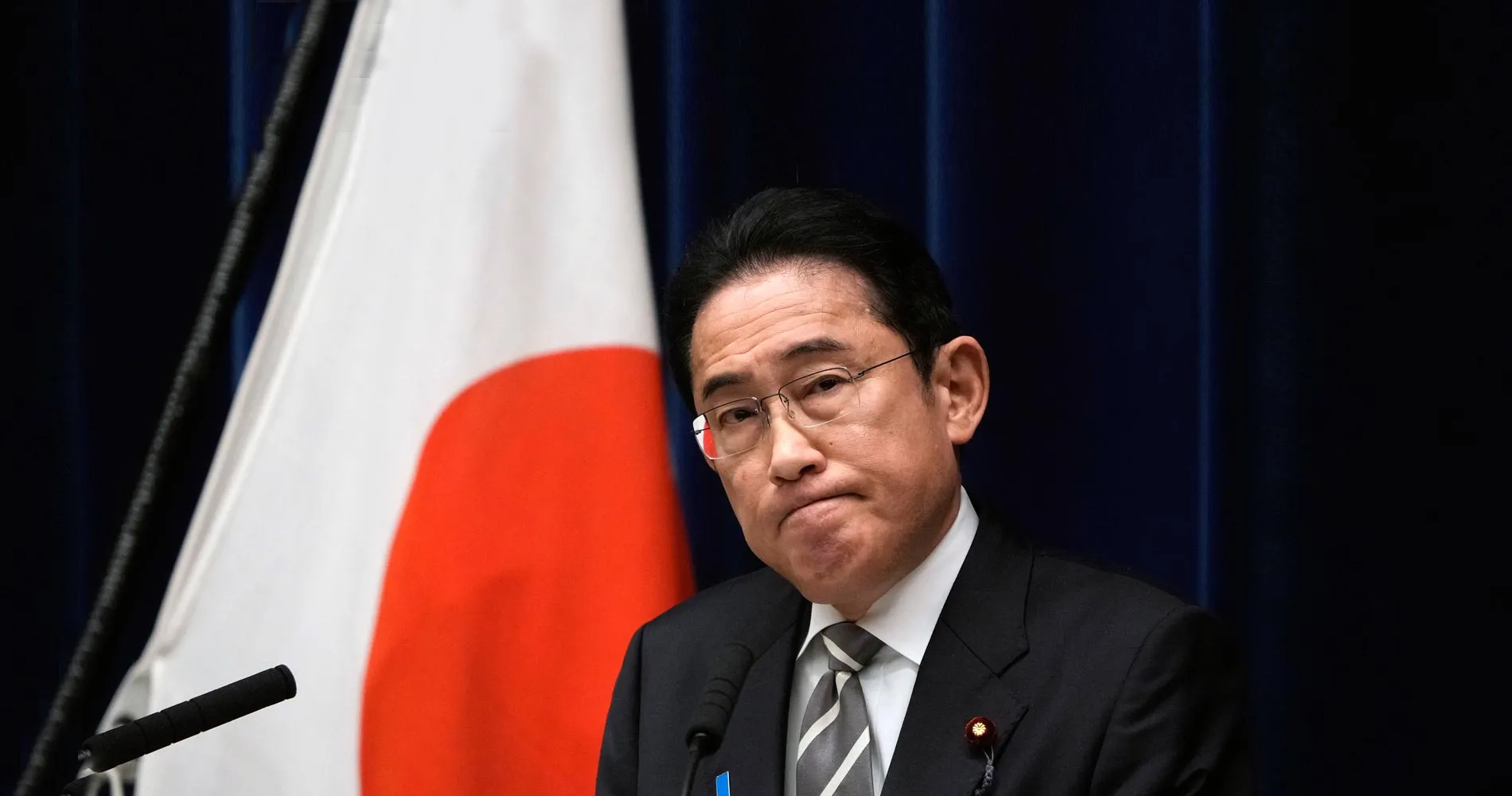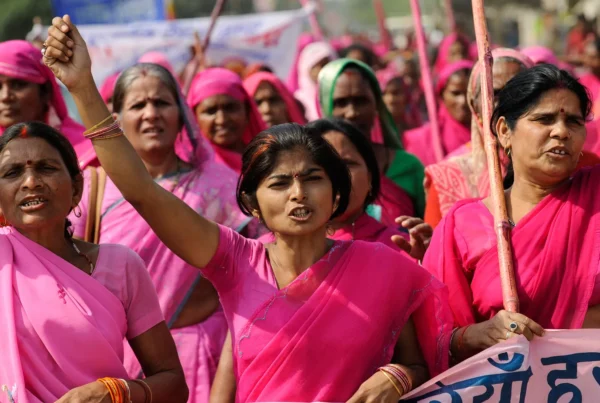Japan’s ruling Liberal Democratic Party is facing an unprecedented political crisis as allegations of misappropriation of fundraising proceeds have surfaced. Public prosecutors have begun investigations into numerous ministers within the party, potentially causing a shake-up of Japan’s political landscape.
Reed McIntire
15 March 2024
Arabic version | French version
Japan’s ruling Liberal Democratic Party (LDP) is the center of a “once in a generation” political scandal, after the Tokyo Public Prosecutor’s Office announced in December 2023 an investigation into allegations of abuse of fund-raising donations. In the wake of the scandal, the government’s approval rating has dropped to around 20 percent, the lowest since the end of the Second World War. As a result, the LDP has removed four ministers from office and an additional three have tendered their resignations, including the party’s general secretary in the Japanese National Diet.
The scandal erupted when the opposition Communist Party released a report in their party newspaper detailing the LDP’s abuse of a loophole in the country’s election donation laws. A university professor took notice of this report and, as a result of his scrutiny, asked the public prosecutor of Tokyo to investigate.
Officially, it is illegal for corporate sponsors to donate directly to any single official, but they can purchase tickets to fundraising events. Party members are each allotted a quota of tickets to be sold, according to seniority, and any sold above that amount is kept by the member themself (known as a “kickback”). Kickbacks are legal in Japan, so long as they are properly reported on an individual’s taxes. However, according to the Communist Party’s report, the LDP has omitted over USD 3.5 million in kickbacks over the past five years.
The LDP is internally divided into multiple factions. The largest was founded by deceased former Prime Minister Shinzo Abe and is still referred to as the Abe faction. This faction alone reportedly received USD 3.5 million in undisclosed kickbacks, the largest of any in the LDP. Other factions, such as Prime Minister Kishida’s, also omitted kickbacks ranging from USD 14 000 to USD 706 000.
In response to the news, Kishida officially left his own faction on 7 December 2023, and also canceled any LDP festivities for the New Year, a major holiday in Japan. Prime Minister Kishida has come under additional scrutiny following a belated response to earthquakes and subsequent tsunami in the country’s Noto region on 1 January 2024, which killed an estimated 221 people and left 20,000 others displaced. Despite approving USD 32 million in disaster response, Kishida’s government has been labeled slow to react as multiple areas remain cut-off and unable to receive food and supplies.
On 12 December the opposition within the National Diet put forward no-confidence vote for Chief Cabinet Secretary Yoshimasa Hayashi, a member of Abe’s faction and chief coordinator between the legislative and executive branches. On the same day, the LDP announced it would replace all ministers who are members of the Abe faction from the cabinet and administration, including the Ministers of Economy, Agriculture, Internal Affairs and Communications. In total, 9 ministers are set to be replaced.
Public prosecutors have begun investigations the claims and have searched the offices of the Abe faction. No political party in Japan has been searched by prosecutors in over 20 years. On 7 January, investigators arrested National Diet member Yoshitaka Ikeda, who allegedly received USD 333 000 in embezzled donations, over concerns that he would tamper or destroy evidence. Yoshitaka is the first to be arrested in the investigation.
The LDP has governed Japan nearly continuously since its emergence in 1955. The party has only lost its leading position twice: from 1994-5 and again from 2009-12. This latest scandal presents the largest threat to the LDP’s governance in recent history. The party has endured scandals before, with the last in 2010. However, with public approval ratings around 20 percent, the party’s position is tenuous.
The National Diet reconvened in late January and will remain in session until 23 June. Prosecutors announced their intent to finish the investigation before the session began in order to avoid disrupting the political process. However, the investigation is still on going. Depending on the prosecution’s verdict, the Abe faction could disappear entirely, completely shifting the political landscape.
Currently, the main opposition party, the Constitutional Democratic Party, is only three points behind the LDP in opinion polls and an increasing number of Japanese voters are identifying as non-partisan. This signifies an unprecedented shift away from the LDP. With this in mind, the fallout from the scandal has the potential to completely upend the most dominant force in Japanese politics.







